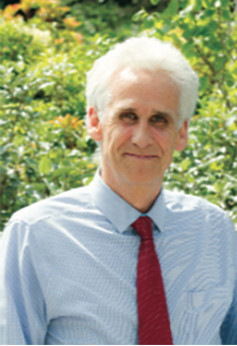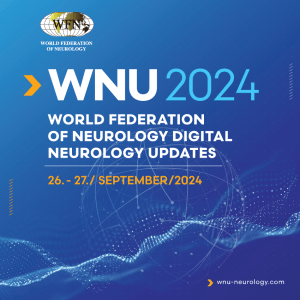
The European Forum for Research in Rehabilitation held its 14th conference at Glasgow Caledonian University, UK, May 2017 hosted by Prof Frederike van Wijck as a joint meeting with the Society for Research in Rehabilitation, attracting over 274 multi-disciplinary delegates from 34 world-wide countries.
European conferences highlight the need for standard terminology to increase generalisability, applicability and rigour of research findings. The World Health Organisation International Classification of Functioning (WHO-ICF)1 was reflected in many of the presentations and had been used to report how patients participate in activities giving the conference a constructive and inclusive atmosphere.
Workshops on implementing evidence based practice, research priority setting and managing chronic pain, provided an excellent learning environment for clinicians and researchers to share knowledge. These led seamlessly into presentations of the development of efficacious, feasible and acceptable rehabilitation interventions, such as soft robotic trousers for older people who fall. Most of the studies had employed the MRC Framework for Developing and Evaluating Complex Interventions2 again providing a standard platform for global research.
The acute need to help patients stay in work, return to work and maintain work was highlighted by Dr Marnetoft from Sweden in his lecture on vocational rehabilitation. He warned that this is not an easy task, explaining that assistance is provided by a number of different organisations: insurance companies, employers, health services and local authorities. Whereas his research findings suggest that the best person to lead the vocational rehabilitation process is the supported patient.
Kate Allatt, a stroke survivor continued this theme by describing how after three hours of rehabilitation each day she was motivated to continue on her own. She challenged the audience to research patient’s engagement with rehabilitation and preventing isolation. She finished her lecture by encouraging clinicians and researchers to communicate with patients via social media.

Stroke rehabilitation research was prominent across the conference with Professor Peter Langhorne (pictured) from Glasgow delivering the prestigious Peter Nichols lecture. His overview of the evidence base for stroke rehabilitation using the categories: can it work, does it work, is it worth it and can we implement it, sent a clear message that stroke rehabili tation is effective but complex. He suggested that systematic reviews to answer specific questions might be more fruitful than one larger multi- centre trial. This concept was still in the delegate’s minds when they heard about a trial of rehabilitation provided by carers, in 14 Indian locations (n 1250). The results were neutral but the trial demonstrated a growing demand for research into rehabilitation.
- http://www.who.int
- Craig BMJ 2008:337:a1655

